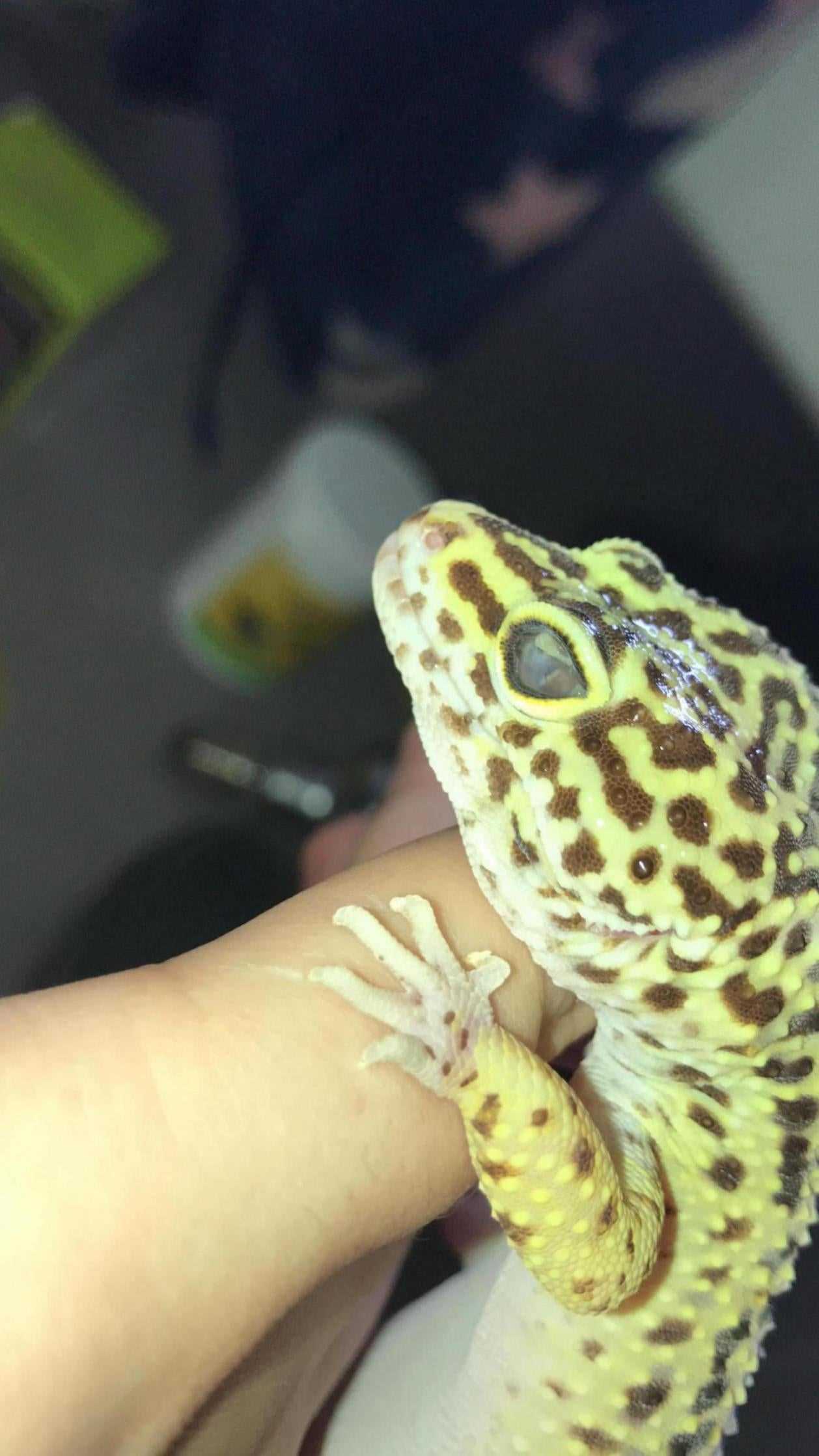
Leopard geckos are fascinating reptiles known for their unique patterns and vibrant colors. However, just like any other living being, they can experience health issues. One common problem that leopard gecko owners may encounter is a cloudy eye.
A cloudy eye is a condition where the affected leopard gecko’s eye appears hazy or milky in appearance, rather than being clear and bright. This condition can occur in one or both eyes and may impact the gecko’s vision and overall well-being.
There are several potential causes for a cloudy eye in leopard geckos. It can be a result of an injury, such as scratching the eye on a rough surface, or from getting poked in the eye by a sharp object. In some cases, the cloudiness may be due to a bacterial or fungal infection. Additionally, issues with shedding can cause debris or skin to get trapped in the eye, leading to cloudiness.
Recognizing the signs of a cloudy eye in your leopard gecko is crucial for timely treatment. Keep an eye out for symptoms such as redness, swelling, discharge, or changes in behavior. If you notice any of these signs, it is recommended to consult with a reptile veterinarian who can provide an accurate diagnosis and necessary treatment options.
Causes of Cloudy Eye in Leopard Geckos
Another cause of cloudy eye is a nutritional deficiency. Leopard geckos require a balanced diet that includes a variety of insects and vitamins. A lack of essential nutrients, such as vitamin A, can lead to eye problems and cloudiness. Providing a well-rounded diet that meets the gecko’s nutritional needs is crucial in preventing this condition.
In some cases, cloudy eye can be a symptom of a more serious underlying health issue. Diseases like respiratory infections or metabolic bone disease can manifest with eye problems. Identifying and treating the underlying health issue is necessary to resolve the cloudy eye condition.
Treatment Options for Cloudy Eye in Leopard Geckos
1. Medication
In cases where infection or inflammation is the cause of the cloudy eye, your veterinarian may prescribe medication. Antibiotic eye drops or ointments can help clear up any bacterial infections, while anti-inflammatory medications may reduce swelling and promote healing.
2. Warm Compresses
Applying warm compresses to the affected eye can help alleviate discomfort and promote healing. Soak a clean cloth in warm water and gently hold it against your gecko’s eye for a few minutes, several times a day. This can help reduce inflammation and increase blood flow to the area.
3. Adjusting the Environment
In some cases, the cloudy eye may be caused by environmental factors. Ensure that your leopard gecko’s enclosure is clean and properly maintained. Incorrect humidity levels or dirty substrate can contribute to eye issues. Make sure to provide a suitable habitat with proper temperature and humidity levels.
4. Veterinary Consultation
If the cloudy eye persists or worsens despite home care, it is crucial to consult with a veterinarian who specializes in reptiles. They can perform a thorough examination, take appropriate diagnostic tests, and recommend the most effective treatment plan based on the underlying cause of the cloudy eye.
Remember, leopard geckos are delicate creatures, and their health should be taken seriously. Seeking veterinary care as soon as you notice any signs of cloudy eye is essential to ensure the well-being of your pet. With the proper treatment, most cases of cloudy eye in leopard geckos can be resolved successfully.

I’m Lena Adams—a product of an unconventional upbringing in the African wilderness. My father, a daring explorer of African wildlife, sparked my fascination with reptiles, a passion that intertwined with the tragic loss of my mother during an expedition, leaving an indelible mark on my life. Driven to understand the creatures that captivated my parents, I embarked on my journey, sharing insights about reptiles, frogs, and lizards on my website. Through my explorations and conservation efforts, I honour my family’s legacy while seeking connections—to the creatures, nature, and the mother whose presence I yearn to understand.
